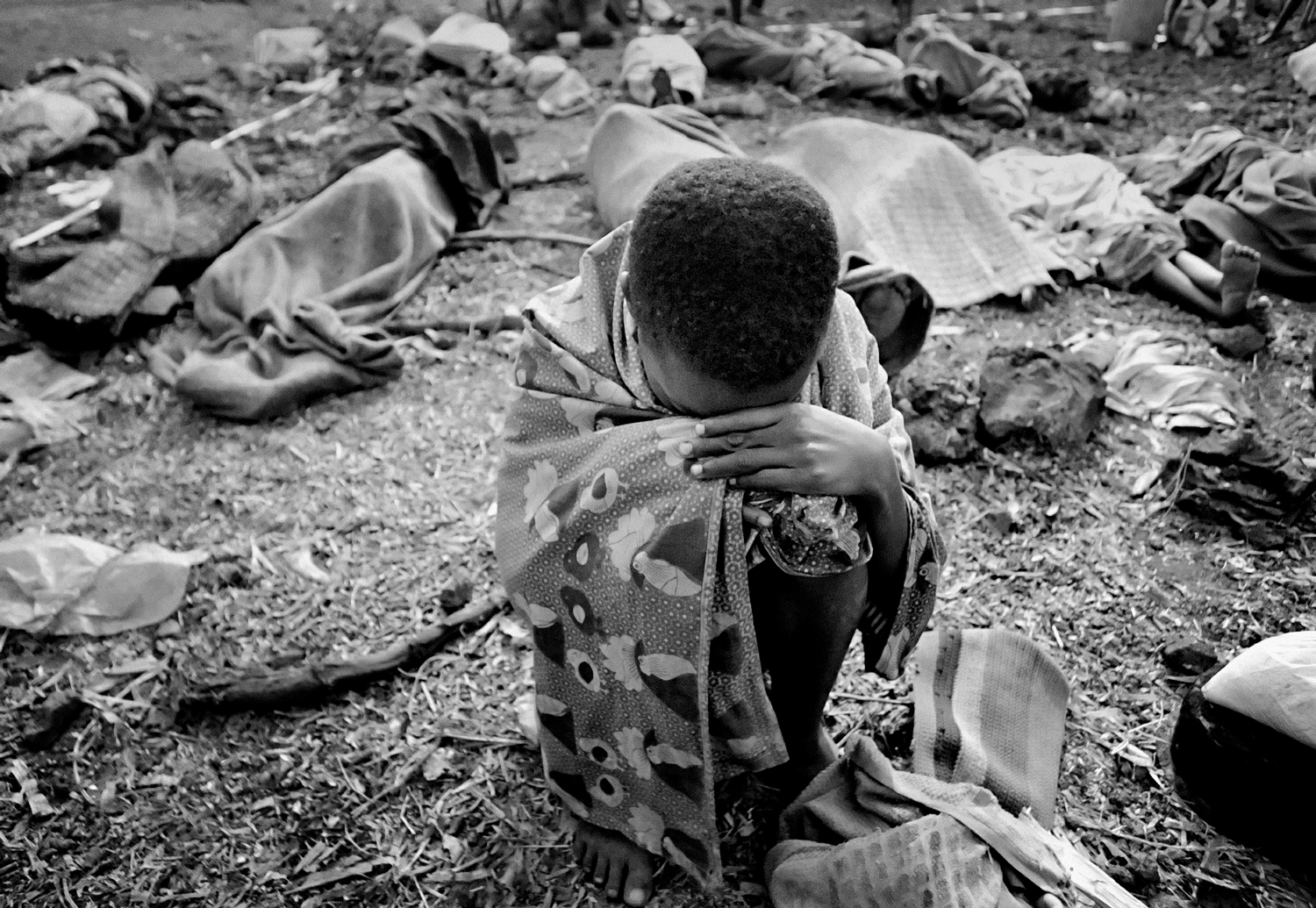Lately, I have been reading about the genocide in Rwanda that occurred in the 1990s. It has been a bit like reading about how big the universe is in the sense that it is difficult to grasp the magnitude of the atrocity, so I have had to stop repeatedly to try and think of it in terms of my own family and community, which is how it happened: Neighbors killing neighbors, workers killing their colleagues, teachers killing their students, and so on. Putting the faces of the people I know in place of the murderers or the victims is the only way I can put what I am reading into any context, and in so doing it is terrifying to the bone.
One of the things that has stood out to me the most as an irony of the Rwandan catastrophe is that Rwanda is a heavily Catholic nation. Here was a place where the vast majority of citizens self-identified as Christians, where priests were looked up to as community leaders, and where the populace regularly engaged in the rituals and prayers that church leaders purport to be essential requirements of a godly existence. So how is it, then, that these same people who were kneeling in pews and reciting the Lord’s Prayer one moment were hacking their neighbors and friends to death with machetes in the next?
We are told so often by Christian theists that belief in god is a prerequisite for morality that the assertion in all its absurdity becomes humdrum to the atheist’s calloused ears, a tired and predictable arrow in the ever-shrinking quiver of pro-religion arguments. In the context of Rwanda, however, this statement is nothing short of an outrage. These people didn’t simply stand idly by and do nothing to stop the genocide for fear of losing their own lives. They perpetrated the genocide. They picked up machetes, hatchets, and clubs, and they used them to torture people to death – pregnant women, little children, old people, everyone, nearly one million people in 100 days’ time. Not godless heathens, not Satan-worshipers – Christians. Devout ones. If they were religious, why didn’t they know this was wrong? Why didn’t they stop it? Why did they participate in it?
Perhaps even more to the point is the question of why god didn’t stop the genocide. Is he really endorsing the brutal slaughter of innocents as a means to some other purpose? If he is omnipotent, can he not come up with a different means of achieving those ends, a means that doesn’t cause so much pain? If he is merciful and just, as we are admonished to believe, where were his mercy and justice when little girls were being gang raped, and then having their Achilles tendons slashed so that they would remain immobile and in agony until the next gang rape? Are we to believe the free will explanation, which always places a human choice to hurt other humans above god’s supposed ability to perform miracles – or at least prevent suffering? How can this dark stain on our history possibly be reconciled with the notion of a kind and loving god?
Some Christian apologists might say that genocide is an extreme example, something that has happened rarely enough over the centuries that it should not be used as a test of god’s might or moral character. On the contrary, I happen to think there is no better example for illustrating Christianity’s failure to establish and perpetuate a code of truly moral behavior, or the extraordinary unlikeliness of god to exist at all, at least in the form of a kind, loving, personal god who will protect and reward the virtuous. While the conflict in Rwanda may not have been fought for religious reasons, neither did religion prevent or ameliorate the devastation, making it at best irrelevant and at worst complicit. In either case, if neither god nor his church can be relied upon to intervene when the world needs it the most, it is time to rethink them both.








What did you think of this article?